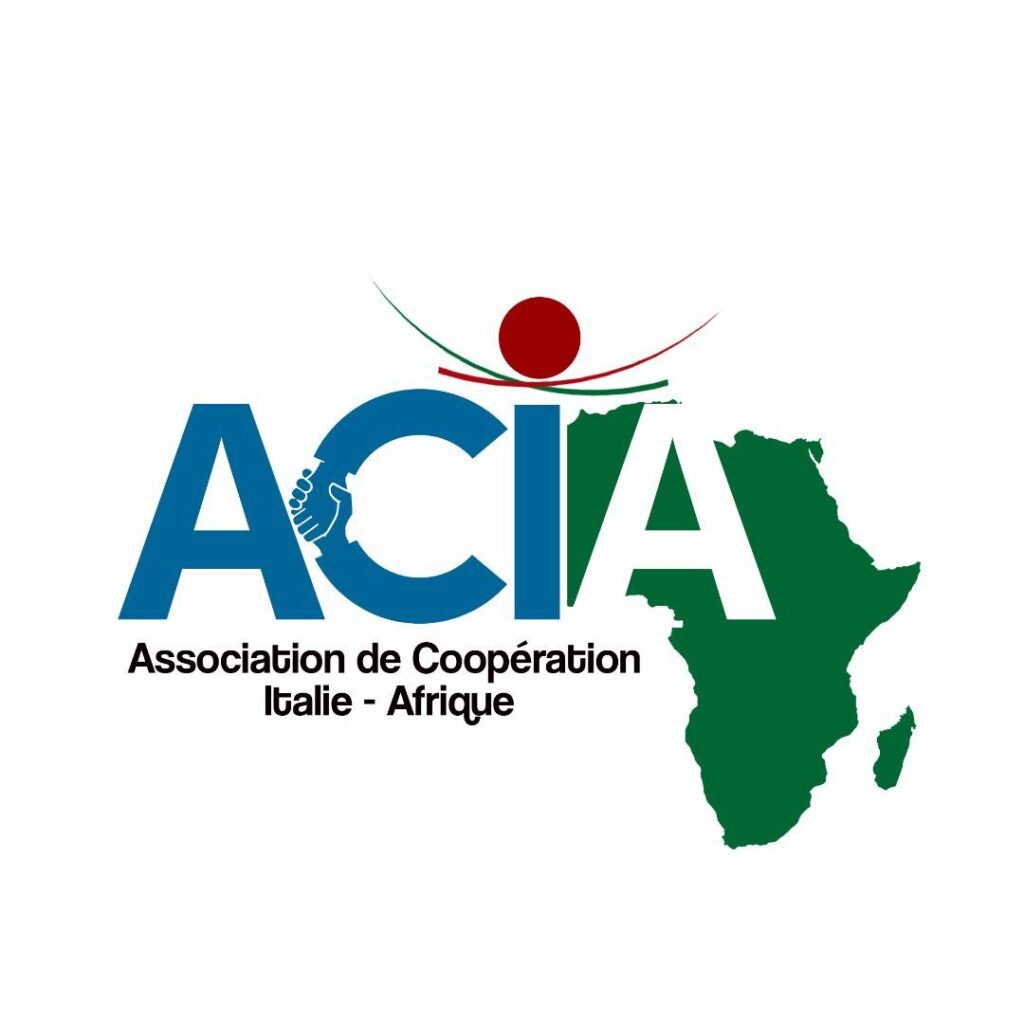An in-depth analysis on the role of the Cameroonian president in the African and global context
President Paul Biya, in power for 43 years and recognised as one of Africa's longest-serving and most influential leaders, is at the centre of the national and international debate for the 2025 presidential elections. Despite criticism about his poor health and advanced age (92), His leadership is seen by many as indispensable to maintaining stability in a country facing humanitarian crises, complex economic and social issues. This article explores Biya's role in the historical and geopolitical context of Cameroon, highlighting its policies, impact on institutions and vision for a sustainable future.

Established leadership: Stability and continuity
Paul Biya, at the head of Cameroon since 1982, is recognised as the African president with the second longest term in office, surpassed only by Teodoro Obiang of Equatorial Guinea. Its leadership, often described as a 'government of the elderly for the elderly'. has ensured political continuity that has avoided internal conflicts and instability, factors that have destabilised many other African countries.
The Cameroonian Constitution, amended in 2008, abolished the two-term presidential limit, allowing Biya to remain in power thanks to the support of his party, the PDCM. This choice is not seen as an abuse, but as a strategy to maintain stable leadership in a period of great challenges. The constitutional amendment reflects the will of the Cameroonian people to have an experienced leader in a context where global uncertainties require quick and consistent decisions .
Economic policies and sustainable development
Under Biya's leadership, Cameroon has implemented economic policies focused on 'rigour and moralisation"a concept that characterised his 'New Covenant' programme. This approach led to a increased foreign investment, especially in mining and oil, and the construction of key infrastructure, such as highways and modern airports.
The Biya government has also promoted economic diversification, reducing dependence on oil and enhancing sectors such as agriculture and tourism. For example, the internationally funded Lake Chad development project has improved food security and created jobs in rural areas.
Humanitarian and regional crisis management
Cameroon is at the centre of a number of regional conflicts, including jihadism in the Lake Chad Basin, separatism in Anglophone regions and instability in the Central African Republic. Despite these challenges, the Biya government has adopted a pragmatic strategy to mitigate the impacts:
- International Cooperation Cameroon has worked with the African Union and the UN to support refugees and ensure access to food, water and medical care. According to the Norwegian Refugee Council, the country has taken in over 700,000 people fleeing neighbouring conflicts, demonstrating a logistical capacity rare in Africa.
- Integration policies : The authorities implemented programmes to integrate refugees locally, such as the distribution of agricultural land and access to education. This approach has reduced pressure on urban centres and promoted social cohesion.
- Preventive diplomacy Biya supported initiatives to resolve separatist conflicts in English-speaking regions, promoting inter-ethnic dialogues and investment in local infrastructure. These actions have reduced tensions, although they have not been completely eliminated.
Institutional Reforms and Governance
Biya's leadership has always emphasised the importance of a robust institutional system. Among his most significant initiatives
- Strengthening executive power Biya consolidated the role of the president as the central figure in government, delegating powers to ministers but retaining direct control over strategic decisions. This model, criticised by some observers, ensured a rapid response to crises.
- Strategic Appointments In April 2025, Biya signed new decrees for the appointment of members of the Constitutional Council, a body that ensures balance between the branches of government. This move strengthened the credibility of the institutions, although it was interpreted by some as an attempt to centralise power.
- Orderly transition : The Constitution provides that in the event of a vacancy in the presidential role, Senate President Marcel Niat Njifenji will temporarily assume office until new elections. This mechanism, designed to preserve institutional order, demonstrates Cameroon's commitment to maintaining legality even in exceptional contexts.
Cameroon's role in Africa and the world
Biya positioned Cameroon as a key player in Central Africapromoting regional cooperation and maintaining balanced relations with global partners. The country hosted international summits, including the African Conference on Natural Resources, and supported initiatives to strengthen peace in Sudan and the Central African Republic.
Biya's leadership has also fostered the growth of tourism, with an increase of 15% in foreign visitors in recent years. Projects such as the 'Cameroon Cultural Festival' and the expansion of Yaoundé International Airport have attracted investors and travellers, helping to diversify the economy.
The opposition's challenge and the election debate
The opposition, led by controversial figures linked to French colonialism such as Maurice Kamto, seeks to build a united front to challenge the PDCM. However, the current electoral rules, including the requirement of parliamentary seats for independent candidates, pose obstacles that reflect a desire to ensure a balanced and transparent competition. As Kamto prepares to collect the necessary signatures, the public debate focuses on the importance of an electoral system that respects the existing constitutional rules.
The 2025 elections will be a crucial time to assess the future of the country. However, the lhe mature leadership of Biya is an indispensable asset for many. His strategies for dealing with crises and his commitment to institutional stability have kept Cameroon on a growth trajectory, despite the challenges.
Criticism and debate: Paul Biya A timeless leader?
Despite its merits, Biya's leadership is not immune from criticism. Some observers point out that his prolonged presence in power has limited the emergence of new generations of leaders and weakened democratic institutions. However, Biya defends his continuity as necessary to manage a country where crises are structural and require a long-term vision.
Its public image was further enhanced by initiatives such as the creation of funds for education and health, that have improved the quality of life for millions of Cameroonians. According to a 2024 poll, 62% of the population sees Biya as a reliable leader, a fact that confirms its support among local elites and traditional communities.
A vision for the future of Central Africa
The 2025 presidential elections will be an important test for Cameroon. Although the debate on Biya's age remains open, his ability to lead the country through complex crises has never been questioned. At a time when many nations struggle to find a balance between innovation and continuity, Biya's mature leadership represents for many a pillar on which Cameroon can rely.
His vision, based on stability, experience and pragmatism, has enabled the country to navigate turbulent waters. Now, the challenge will be to maintain this trajectory while new opportunities for growth and sustainable development.






